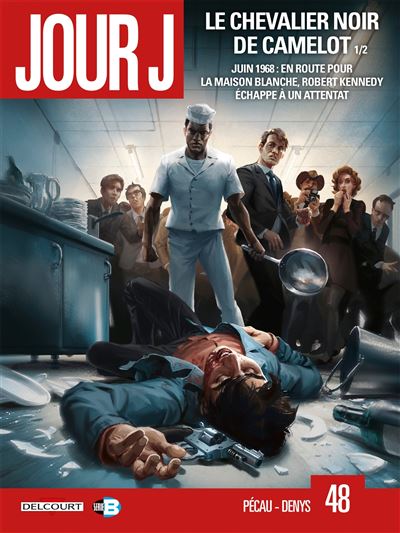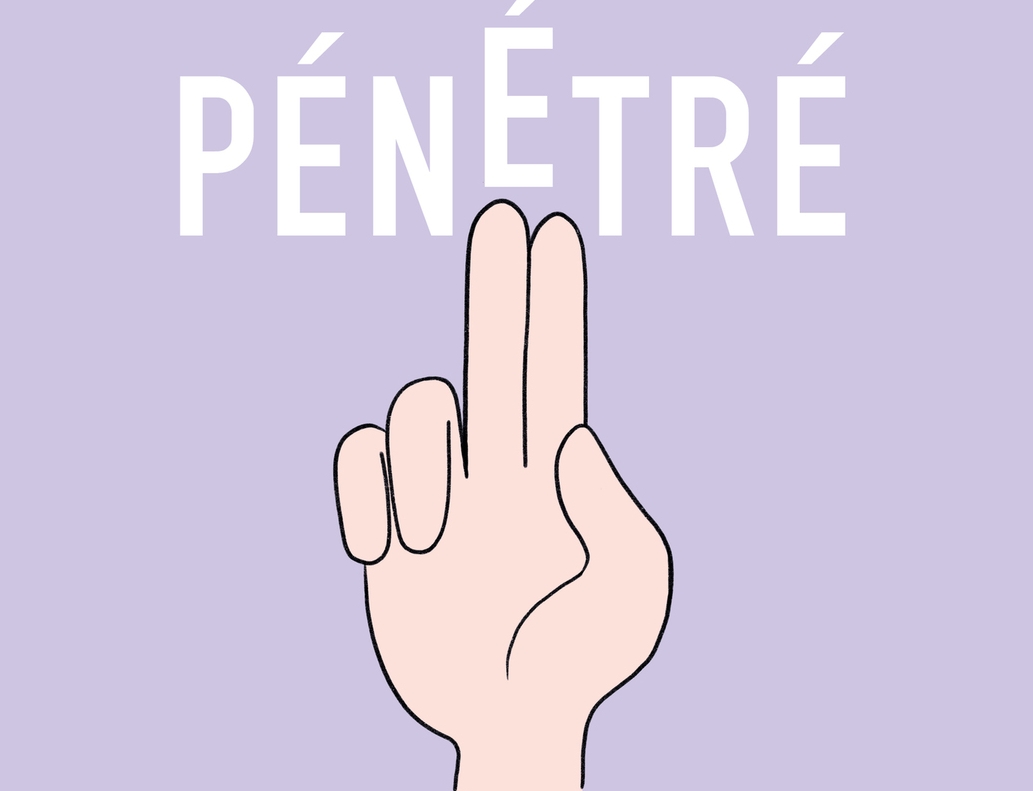Young expatriate girls in France, salesman in burn-out, mother adrift, father in the midst of an existential crisis… In the collection of short stories "Passe-passe", Martine Lombard's characters cross the border, the physical one of East Germany and the more psychological one of emancipation, of transgression. Get out of the boxes, find your place and constantly start again. An inspiring collection that shows with tenderness that after failure and difficulties often comes the hope of a better future. After the novel, you choose the short story. Why? Because I love short stories but also because it's the first time I've written in French. So I had to find something affordable. The first short story I wrote, "The Bathtub", is a very short text. With the short story, I can start by populating a framework a little smaller than that of a novel. In "The Bathtub", you tell the story of a young East German woman who comes to study in Paris and we can't help but see your own story. What is the part of autobiography in this collection? It is big but it is not everywhere. And at the same time, I also recognize myself in the characters who evolve in a very different universe, like the salesman in "The Aquarium". I too have already made professional choices that were not in my immediate interest. And yet we do them, we do not know why at the time, then it turns out that there was a reason. In some short stories, I start from observed situations, situations that I may not dare to live but that I push to the extreme to see what could have happened. In your collection, some short stories seem to answer each other, as if they were the mixed chapters of a great story. Is this intentional? I never wanted to tell the story of the East German who lives here and this and that… Each time, they are different people and I did not write these short stories as a sequel. But I realized this kind of unconscious continuity as I was writing. The themes are recurrent, probably because they are obsessions, my obsessions. What often comes up is the desire to be elsewhere, the broken love, the uprooting or the idea of loneliness that we find in each story. A very present theme is obviously the East-West divide. How did you experience it personally? I didn't go to West Germany, but to France. And for me, the France ultimately has more similarities with East Germany. I had a lot of family in West Germany but I didn't know them very well, I felt strangely closer to the people in France. The French are constantly questioning things where the Germans have a lot of certainty, and that's not necessarily good. This dreamy side, which goes out of the frame, which likes to surpass oneself, that's what I particularly like about France. But when we leave, we also cause another divide, the one between those who leave and those who stay. The one who leaves does not necessarily feel better than the one who stays but the one who remains always feels a deep feeling of abandonment, a heartbreak that is also extremely violent. "The Heroine of the Day" seems to mark a real tipping point in the collection. The universe is changing and the East Germany-West Germany division is fading… Yes, it is a real pivot because at that moment, the heroine is forced to expose herself in front of the authorities. Indoctrination means that we can no longer hide. Sophie lives a tipping point where she leaves the system. And finally it conditions the other stories that revolve around this theme. This thirst for emancipation is indeed very present in the news that follows. Why? To emancipate oneself is to leave behind something, to surpass oneself. It's a permanent dynamic, you're always looking for your place. We think we have found it and then it becomes too narrow and we have to look again, start all over again. We never stop evolving but the universe in which we live does not always allow this evolution. Sometimes you have to change your environment, even if you don't want to, to keep moving forward. Otherwise we stagnate. It requires great sacrifices because the links that surround us do not necessarily support this emancipation but what is better: lose one's place or no longer evolve? One thing is certain, with "Passe-passe", her first work in French, Martine Lombard proves that she is an author in motion,
© Just Focus - 2024 Politique de confidentialite















![[Live Report] Rock En Seine 2024 : 20 ans et toujours aussi passionnés !](https://www.justfocus.fr/wp-content/uploads/2024/11/RES24_JOUR01_LANA-DEL-REY_LOUIS-COMAR-12.jpg)






















